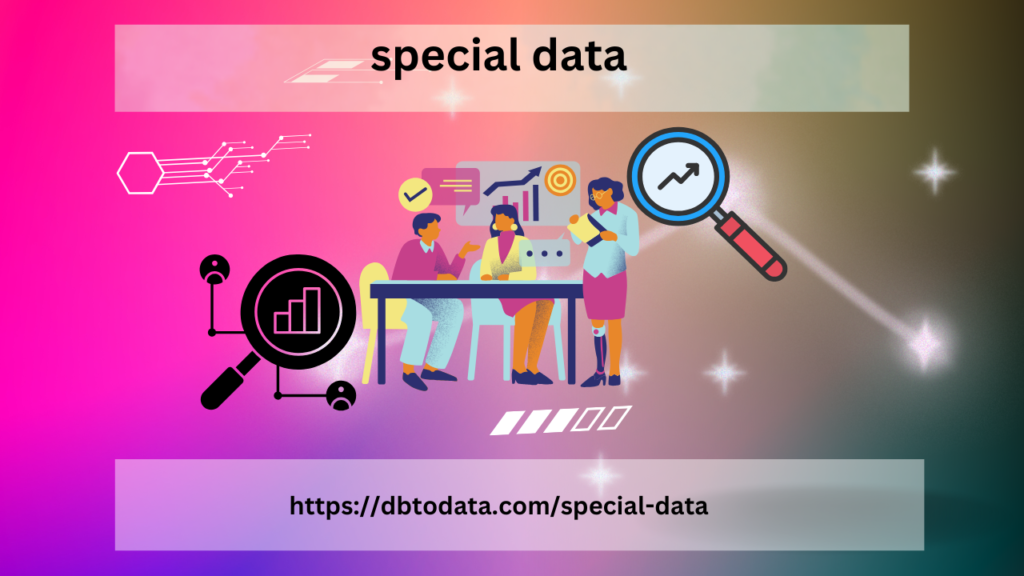In today’s competitive marketplace, effective marketing and branding are essential for businesses looking to stand out and attract customers. From small startups to large corporations, the way a company markets itself plays a crucial role in its success. But what exactly does it mean to have effective marketing and branding? And how can businesses ensure they are maximizing their efforts in these areas?
Defining Effective Marketing
Effective marketing is about more than just promoting a product or service. It involves creating a strong, consistent brand message that resonates with your target audience. This means understanding who your customers are, what they care fusion database about, and how your product or service can meet their needs. It also involves using a mix of different marketing strategies, from social media and email marketing to traditional advertising and PR, to reach your audience where they are.
The Power of Branding
Branding is the foundation of any successful marketing strategy. It is the way in which a company presents itself to the world, including its logo, design, messaging, and values. A strong brand can help differentiate your business from competitors and build trust with customers. It also plays a crucial role in shaping how your target audience perceives your company and influences their purchasing decisions.
Building a Strong Brand Identity
To build a strong brand identity, businesses must first define their core values and mission. These should guide all marketing and branding efforts and be reflected in every aspect of the company’s communication with customers. Consistency is key when it comes to branding, so make sure all marketing materials, from your website to your social media posts, are aligned with your brand message.
Strategies for Effective Marketing
There are several strategies businesses can use to ensure their marketing efforts are effective. One important tactic is to know your audience inside and out. Conducting market research can help you better understand your customers’ needs, preferences, and behavior, allowing you to tailor your marketing efforts to meet their specific needs. Another key strategy is to create compelling, engaging content that speaks to your target audience and provides value to them.
Leveraging Digital Marketing Tools
In today’s digital age, businesses have more tools at their disposal than ever before. From social media and email marketing to SEO and PPC advertising, digital marketing offers a wide range of opportunities to reach customers and drive sales. By leveraging these tools effectively, businesses can increase brand awareness, attract new customers, and ultimately grow their revenue.
Measuring Success
Finally, it’s essential for businesses to measure the success of their marketing and branding efforts. By tracking key performance indicators such as website traffic, conversion rates, and social media engagement, companies can evaluate the effectiveness of t resource data heir strategies and make adjustments as needed. This data-driven approach can help businesses optimize their marketing efforts and achieve their what are the benefits of creating a digital marketing budget? goals more effectively.
In conclusion, effective marketing and branding are essential components of any successful business strategy. By defining a strong brand identity, knowing your audience, leveraging digital marketing tools, and measuring success, businesses can attract customers, build trust, and ultimately drive revenue. Remember, consistency is key when it comes to marketing and branding, so make sure all your efforts are aligned with your brand message and values. By following these strategies, businesses can set themselves up for success in today’s competitive marketplace.

